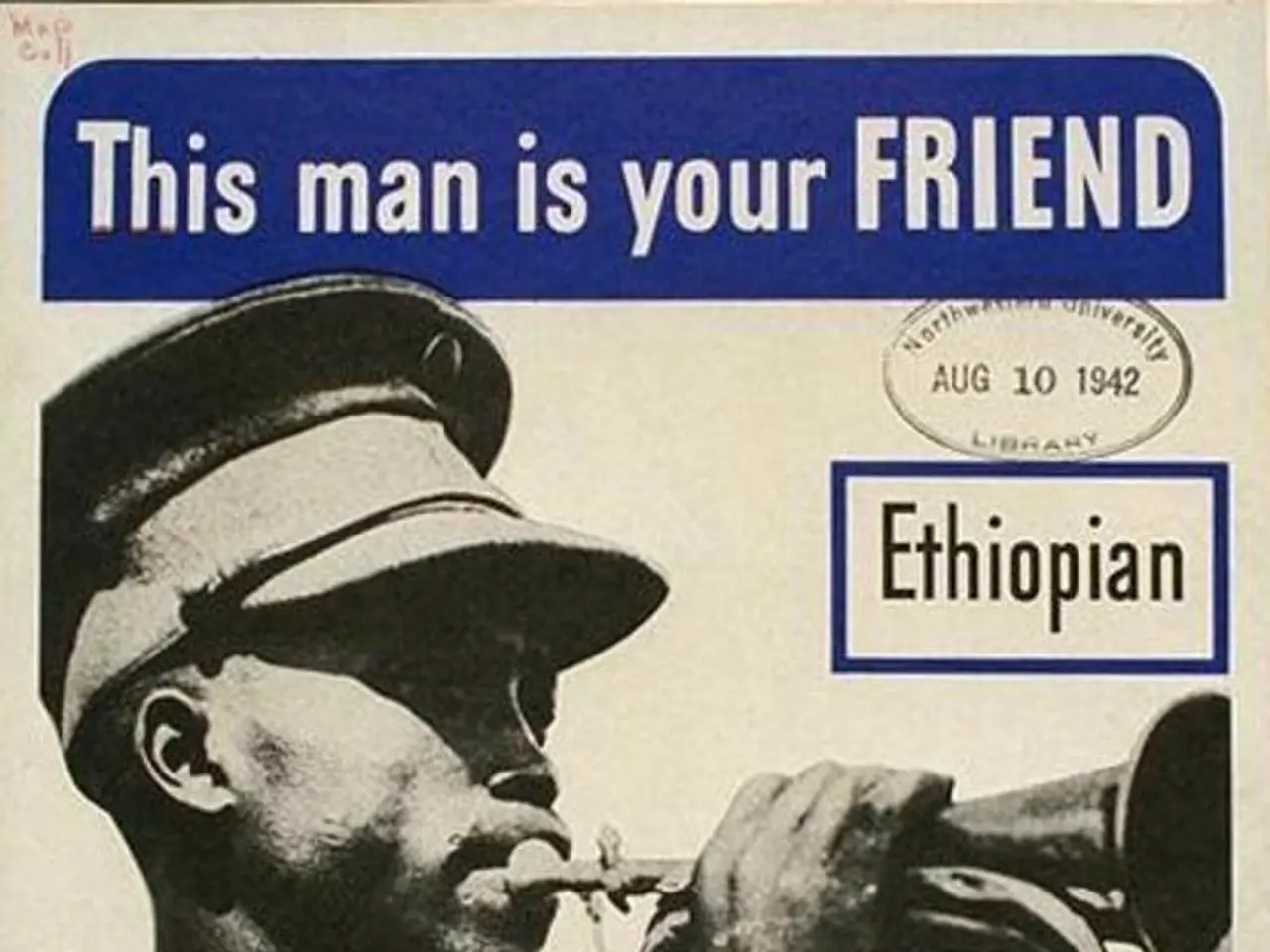Lifting the Facebook Ban on Trump Could Establish a Perilous Precedent
In the aftermath of the January 6 Capitol riot, the Oversight Board of Facebook's parent company Meta has been tasked with reviewing the suspension of former U.S. President Donald Trump's Facebook and Instagram accounts. The decision, which is binding on Facebook's decisions, comes as the board considers whether Trump's posts incited violence and if he has a pattern of behaviour that continues to encourage violence.
The review focuses on Trump's actions leading up to and on January 6, which played a primary role in inciting violence in the Capitol, resulting in the deaths of five individuals. Court records indicate that many of Trump's supporters believed his words were directives to attack the Capitol.
Trump's online and off-line tirades encouraged hostility against several individuals, including Michigan Governor Gretchen Whitmer, Dr. Anthony Fauci, Georgia Secretary of State Brad Raffensperger, and cybersecurity official Christopher Krebs. The off-Facebook context is relevant in the Trump case, as his online posts were often blended with his public statements, contributing to the incitement of violence.
Facebook's community standards prohibit violence and incitement, election content violations, hate speech, and content that threatens, intimidates, excludes or silences others. Inciting violence is one exception recognised under international law as a legitimate reason to limit an individual's free speech rights.
The Oversight Board, an independent content moderation body created by Facebook, was referred the decision for review on January 21. On this date, several board members, including co-chairs Helle Thorning-Schmidt and Michael McConnell, among others publicly listed on the Oversight Board’s website, made a binding decision regarding Trump's suspension.
The Oversight Board should consider the real-world consequences of its decision, including the potential cost of lives and damage to U.S. democracy, when deciding whether to uphold Trump's suspension. The consequences of restoring Trump's access to Facebook's platform could potentially threaten public safety and cause harm to those who challenge his rhetoric.
The suspension was a result of Trump's posts inciting violence on January 6. Trump's repeated use of social media to bully, intimidate, and threaten, as well as his promotion of conspiracy theories and violent groups, is being reviewed. However, Trump has not shown remorse for his actions and continues to push false claims about the election being "stolen."
The Oversight Board is also considering whether Facebook should assess the broader off-Facebook context when enforcing its community standards. The UN Guiding Principles on Business and Human Rights and the International Covenant on Civil and Political Rights will be used as a template to review Facebook's community standards.
The suspension of Trump from Facebook has had unexpectedly positive consequences, such as a 73% decline in online misinformation about electoral fraud. A 2020 study by ABC News uncovered at least 54 cases of violence or bigotry tied to Trump's incendiary rhetoric.
As the Oversight Board prepares to make its decision, the question remains: will Trump's pattern of behaviour after the insurrection indicate that he is unlikely to use future posts to discourage violence and undermine America's democratic institutions? The world watches as the Oversight Board deliberates the fate of Trump's accounts on Facebook and Instagram.
Read also:
- Understanding Hemorrhagic Gastroenteritis: Key Facts
- Stopping Osteoporosis Treatment: Timeline Considerations
- Expanded Community Health Involvement by CK Birla Hospitals, Jaipur, Maintained Through Consistent Outreach Programs Across Rajasthan
- Reducing Anxiety Through Nutrition: Edibles That Soothe the Mind






